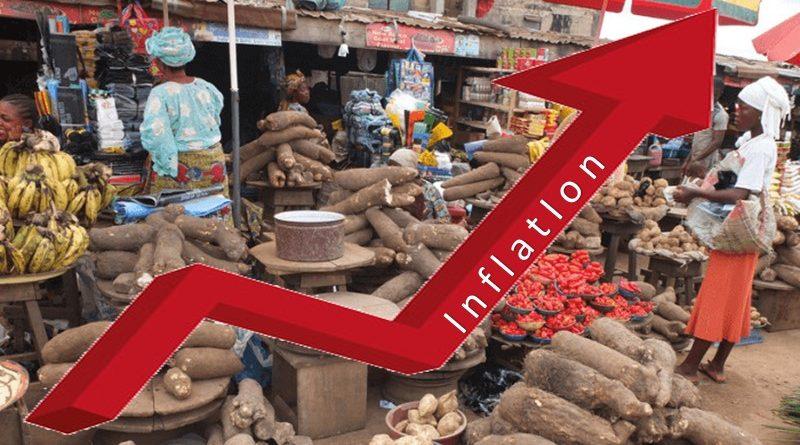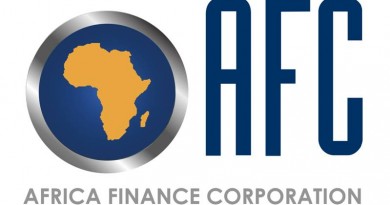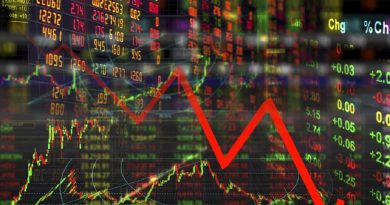2024-10-24T13:00:00Z
Boca Raton, FL, Oct. 24, 2024 (GLOBE NEWSWIRE) -- Lifeway Dental of Boca (https://www.lifewaydentalboca.com/), a compassionate dental clinic committed to offering quality dentistry, is excited to announce the introduction of...
2024-10-24T13:00:00Z
Tampa, Florida, Oct. 24, 2024 (GLOBE NEWSWIRE) -- Value Locksmith Tampa, a leading locksmith company servicing the Tampa Bay Metro and surrounding areas, is excited to announce its name change...
2024-10-24T13:00:00Z
Manila, Philippines, Oct. 24, 2024 (GLOBE NEWSWIRE) -- Authority Solutions® has officially debuted TopicVane™, a groundbreaking SEO, content and website builder tool, at the World of Search Conference 2024, held at the...
2024-10-24T13:00:00Z
Hallowell, Maine, Oct. 24, 2024 (GLOBE NEWSWIRE) -- For Maine lobster lovers across the country, the freshest live Maine lobster is now just a click away. Overnight Maine Lobster, a family-owned...
2024-10-23T13:00:00Z
London, England, Oct. 23, 2024 (GLOBE NEWSWIRE) -- Shisha Vibe, a top online vape store with multiple locations in London, is thrilled to introduce its new AI-powered customer service chatbot....
2024-10-23T13:00:00Z
Bradenton, FL, Oct. 23, 2024 (GLOBE NEWSWIRE) -- Goodwill Manasota, an industry-leading, 501(c)(3) nonprofit organization that changes lives through the power of work, focuses on programs that are designed to...
2024-10-23T11:36:51Z
62% of business leaders say they would be more profitable with a better TA strategy
2024-10-22T13:00:00Z
Pipe's embedded finance solution will be made available through the GoCardless platform to boost capital access for small businesses in the UK
2024-10-22T12:29:27Z
Presented by Amazon, Middle Tennessee’s entrepreneurs honored for driving innovation and city growth
2024-10-21T17:00:00Z
Conveniently Located Near Key Landmarks, New Branch Enhances Services for Hialeah Customers
SEE MORE NEWS! 



